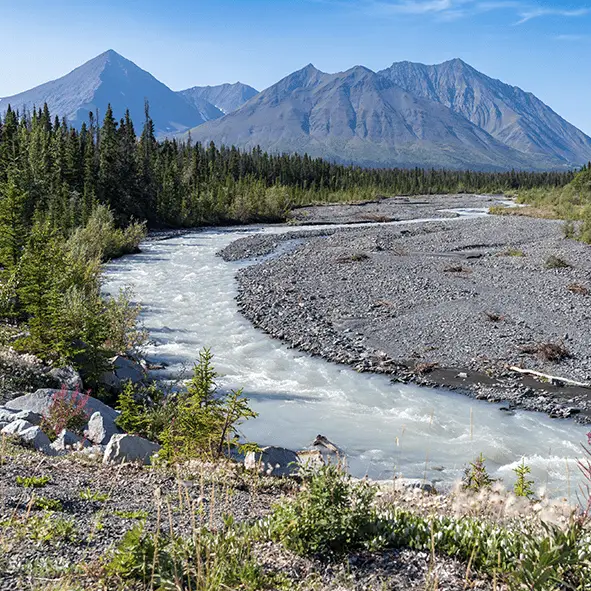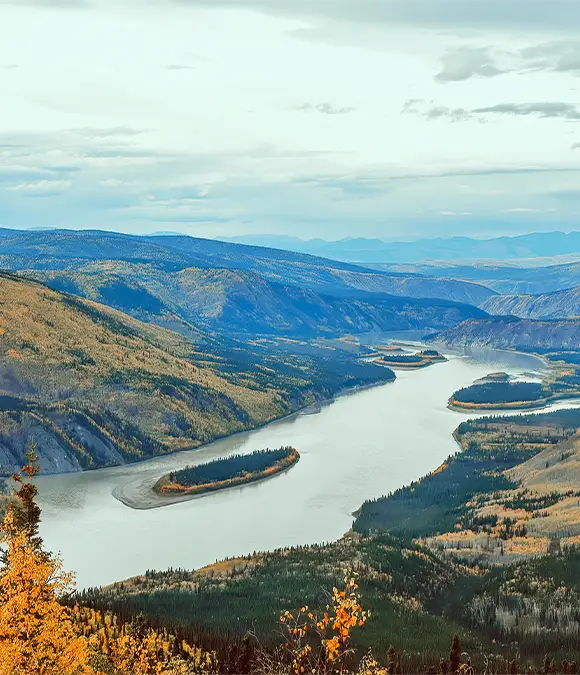
You have to go to pretty great depths to uncover secrets about our planet and the universe.
But one single location on Earth surprisingly shows us a lot about our planet's history and is probably one of the most difficult to track down.
Luckily, a group of researchers did the arduous trip for us, cutting through dense brush with machetes.
The team was led by experts at Stanford University and they pieced together a large portion of Earth's history.
Advert
They uncovered a site on the banks of the Peel River in Canada that preserves an uninterrupted 120 million years of Earth's history, providing a unique look at life on the ocean floor from 490 to 370 million years ago.

Typically, palaeontologists can only collect pinpoints of the past as specific conditions are necessary for fossils to form and geological processes tend to disrupt these remains.
This explains why fossil records are usually fragmented.
In fact, this has been particularly true for the Paleozoic era which has been poorly preserved until now.
The Peel River site begins in the Upper Cambrian period, a time of very low oxygen levels and thus, scarce animal life.
It spans almost the entire Ordovician and Silurian periods, ending in the Middle Devonian period when fish had become the dominant sea creatures.
'It's unheard of to have that much of Earth's history in one place,' said lead author Erik Sperling highlighting the rarity of such an in-tact record.
'There's nowhere else in the world that I know of where you can study that long a record of Earth history, where there's basically no change in things like water depth or basin type.'

Sperling's research focuses on what the site reveals about the rise of oxygen on Earth. Early in Earth's history, the atmosphere and oceans had little to no oxygen.
It was the Great Oxidation Event 2.5 - 2.2 billion years ago that changed this.
Further research could help provide a more complete picture of the species living in these ancient seas, allowing for a more accurate timeline of Earth's history.
The findings suggest that the atmosphere did not approach its current state until later than many scientists previously thought.
'The early animals were still living in a low oxygen world,' Sperling added.
'In order to make comparisons throughout these huge swaths of our history and understand long-term trends, you need a continuous record.'